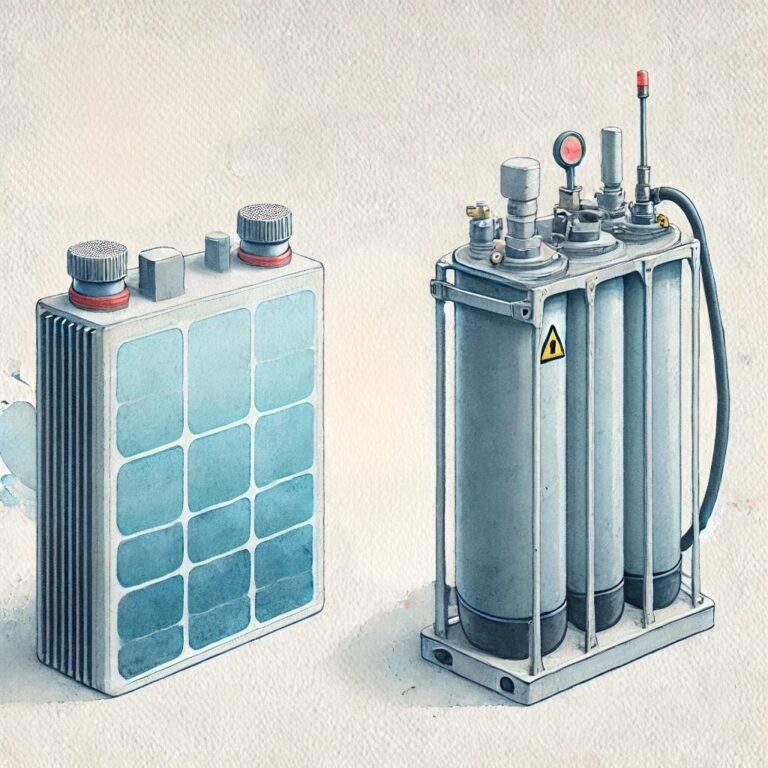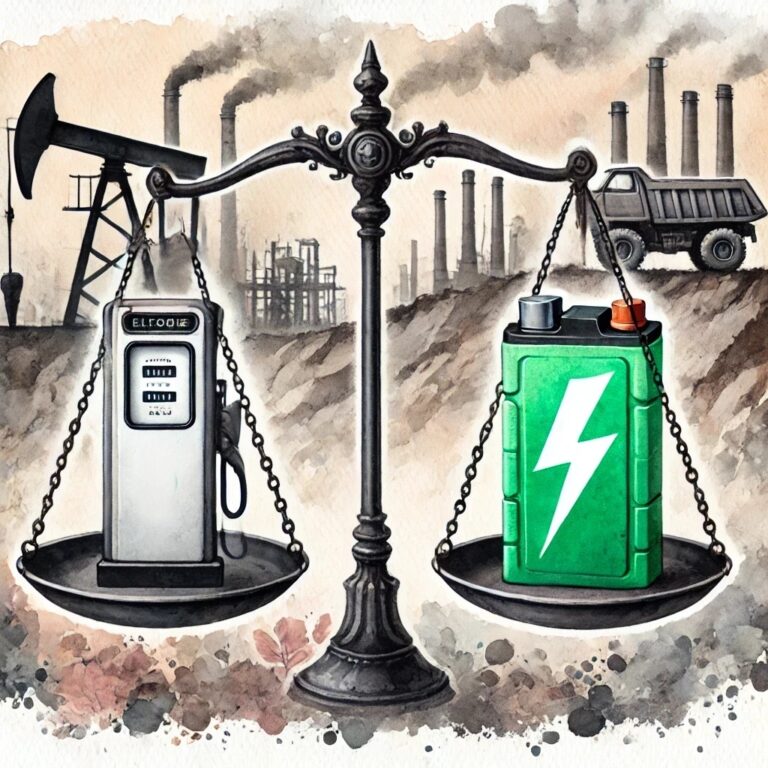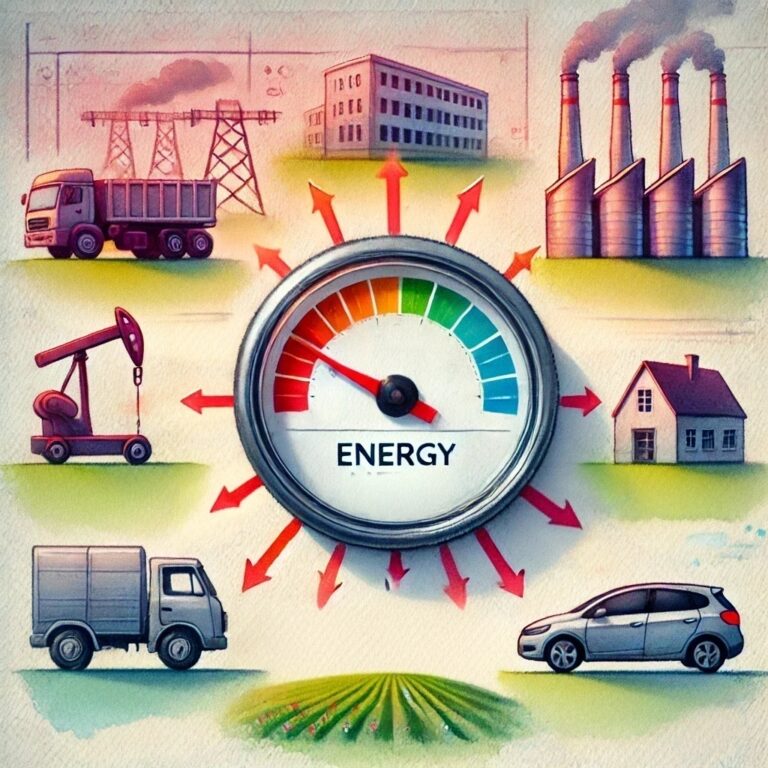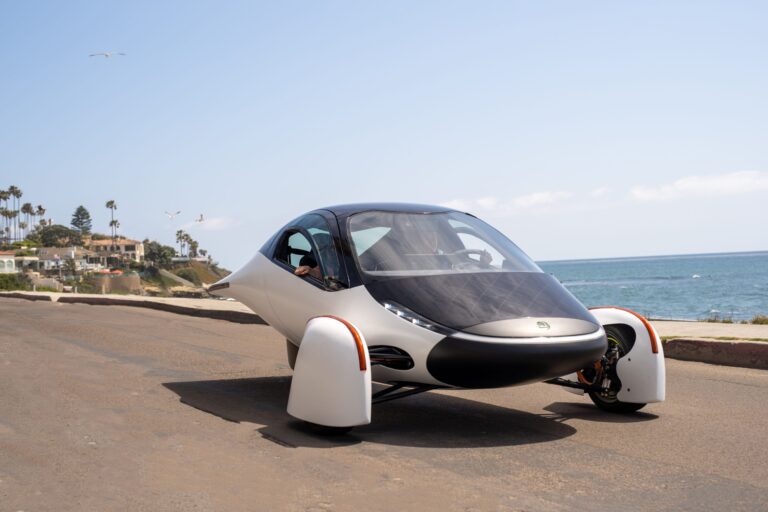fueling fear: are hydrogen fuel cells safer than electric batteries?
Are hydrogen fuel cells safer than EV batteries? While EVs face fire risks, hydrogen fuel cell cars have flammability concerns. This article compares their safety.
From cost center to income generator.
Energy is a major operational cost, but also a big opportunity. Audits, passive solar design, high-efficiency equipment, and small-scale renewables can cut costs by 20–40% and even generate revenue.
Take your sustainability journey further by reducing dependency, increasing independence, and building long-term energy resilience.

Are hydrogen fuel cells safer than EV batteries? While EVs face fire risks, hydrogen fuel cell cars have flammability concerns. This article compares their safety.

Are EV batteries worse than gasoline? Hidden environmental costs from mining, production, and recycling raise serious concerns. Learn the full impact.

Can our power grid handle electric vehicles? As EV adoption rises, concerns grow over grid capacity, peak demand, and infrastructure. Can tech upgrades keep up?

Explore 5 Innovative EV companies and independent manufacturers pushing real change in the auto industry in 2025.

The EV market is dominated by a few major corporations, creating challenges for competition, innovation, and consumer choice. This article explores the risks of market concentration, monopoly practices, and resource control, offering solutions like supporting startups, enforcing ethical sourcing, and diversifying technology options.

Electric vehicles are shaping the future of transportation, but growing reliance on big tech raises risks. From proprietary charging networks to innovation barriers, this article explores the dangers of a centralized EV ecosystem and offers solutions for a resilient future.

Ethanol, a renewable biofuel made from organic material, offers environmental benefits like reduced greenhouse gas emissions and supports rural economies. However, challenges such as food vs. fuel debates, high resource demands, and infrastructure limitations highlight its complexities. Explore ethanol’s pros and cons and its evolving role in sustainable energy solutions.

Ethanol is a renewable fuel derived from plants like corn and sugarcane. Learn how it’s made, its uses, and its role in reducing greenhouse gas emissions while supporting sustainability efforts.

Henry Ford revolutionized the automobile industry with the Model T, designed to run on ethanol, envisioning a fuel economy based on local agriculture. Despite its potential, ethanol was overshadowed by gasoline due to industry dominance and regulatory challenges. Ford’s vision of renewable energy remains significant today, highlighting the need for infrastructure and supportive policies.

The automotive industry is shifting towards electric vehicles (EVs), driven by environmental concerns and technological advancements. Despite growth, challenges such as declining sales, regional disparities, and high production costs persist. Innovations in battery technology and government incentives are essential for overcoming barriers while ensuring sustainable adoption and addressing consumer behavior in this dynamic market.